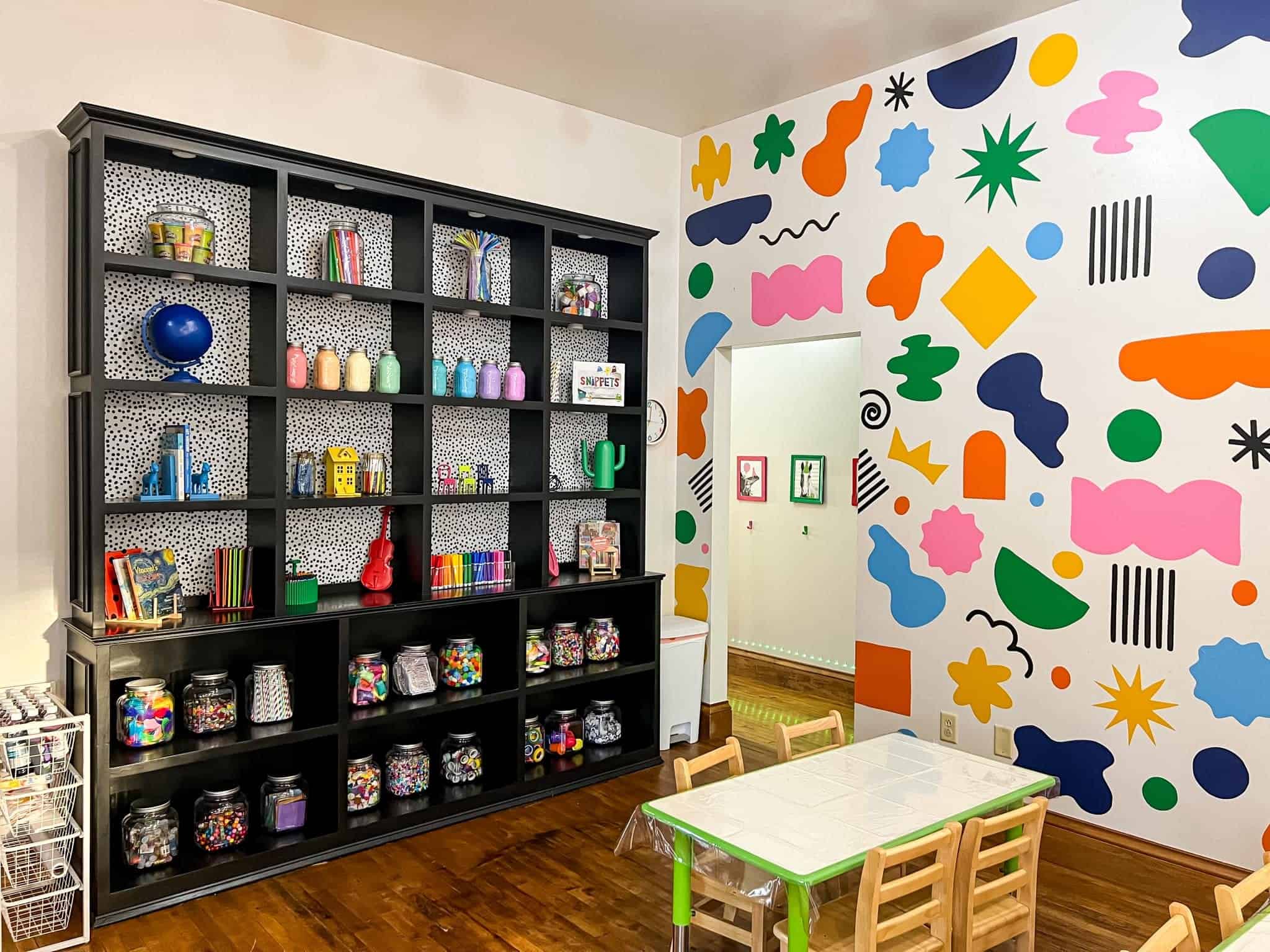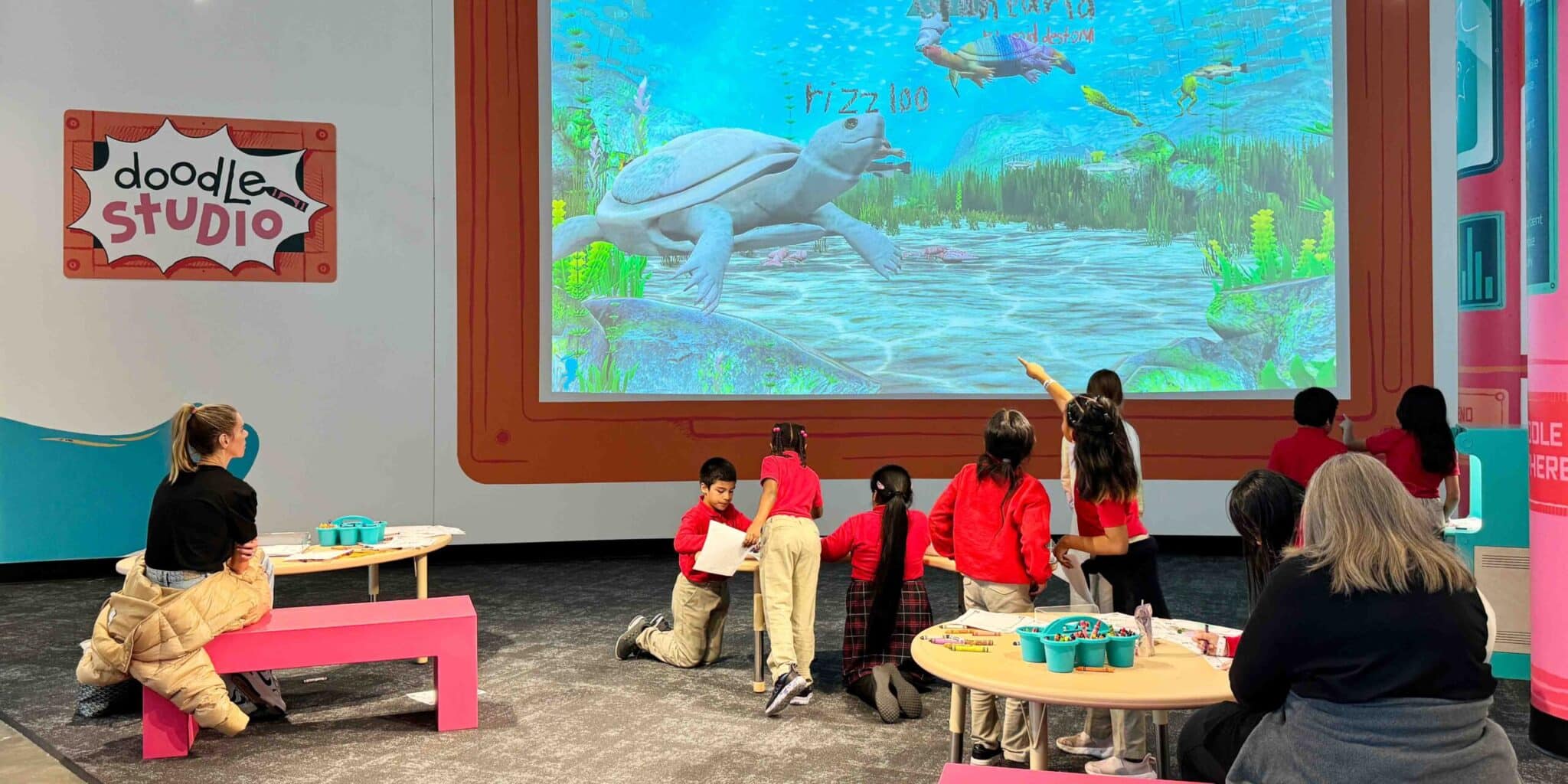As kids head back to school, having a dedicated homework space at home is essential for keeping them focused and productive.

Whether you’re preparing for a new school year or just looking for a way to improve study time, these five tips will help you create a homework space that supports your child’s learning.
1. Choose the Location Wisely
The location of your child’s homework space matters. Here are some ideas to help you choose the best spot:
- Create multiple study spots: Set up different areas for various homework tasks—like a desk for writing, a larger table for projects, and a cozy nook for reading. A change of scenery can help keep your child engaged.
- Strike a balance: Many kids prefer to be near family while doing homework. Choose a spot where you can easily help them stay focused and answer any questions. For younger or attention-seeking kids, being near the action may work well. For kids who need more concentration, a space away from distractions is usually more effective
- Get creative with spaces: If you don’t have an extra room, transform unused areas like a dining room, or repurpose a corner of the living room or kitchen for homework. Even a nook or closet can be converted into a study area.
- Set up a reading corner: Create a cozy reading corner with pillows or a comfortable chair near a window or a soft lamp.
- Ensure access to outlets: Make sure the homework space has outlets nearby for charging laptops and other devices.
For additional learning resources, explore our Virtual Resources Library and check out our Top 50 Educational Websitesto help support your child’s studies.
2. Light Up the Space
Good lighting is key to a productive homework space. Aim for natural light whenever possible, and add a task lamp with an LED bulb for late-night study sessions.
Pro Tip: Place the lamp on the opposite side of your child’s dominant hand to prevent shadows on their work.
3. Keep It Organized and Contained
Help your child stay organized by putting their school supplies, books, and water bottle in labeled baskets or containers. Use clear, open containers to keep everything visible and within reach. If desk space is limited, consider installing shelves or pegboards to store school supplies. For smaller spaces, use a rolling cart that can be tucked away when not in use.
4. Support Their Posture
Ensure your child is comfortable while doing homework. Their desk should be at or slightly below elbow height, and their feet should rest flat on the floor. If needed, use cushions or a footrest (like a small box) to ensure proper posture.
Pro Tip: To avoid neck strain, prop up the laptop on a stack of books so the screen is at eye level during long homework sessions.
5. Minimize Distractions
Keeping distractions to a minimum is important for focused homework time. Here are some strategies:
- Create physical barriers: If you have more than one child, use shelves, room dividers, or tabletop screens to separate their workspaces.
- Use white noise: A fan or white-noise machine can help drown out distracting background noise.
- Play instrumental music: Encourage your child to listen to classical or instrumental music while studying—lyrics can often be distracting.
- Orient the workspace away from distractions: For easily distracted kids, set up the homework desk so they face a wall or away from windows or high-traffic areas.
- Exercise balls for fidgety kids: Consider using an exercise ball as a chair for kids who have trouble sitting still.
Setting up a dedicated homework space can make study time more enjoyable and efficient. Don’t forget to explore our Virtual Resources Library and Top 50 Educational Websites for more helpful resources to support your child’s academic success.
Calie Herbst, Editor-in-Chief of Milwaukee With Kids, has spent over a decade combining her experiences as a parent of three to create a hub for Milwaukee’s family adventures.
Her decade-long teaching career in Milwaukee Public Schools and academic background, including a Master’s in Teaching from Marquette University and dual B.A.s in Sociology and Spanish from the University of Wisconsin – Madison, fuel her passion for inclusive and engaging family content.
Calie is also a recognized voice in local media, contributing to WISN Channel 12 News, WTMJ Wisconsin Morning News, Fox 6’s Real Milwaukee, and B93.3.
Discover more about Calie’s journey and editorial approach on her About Page and Editorial Policy Page.









